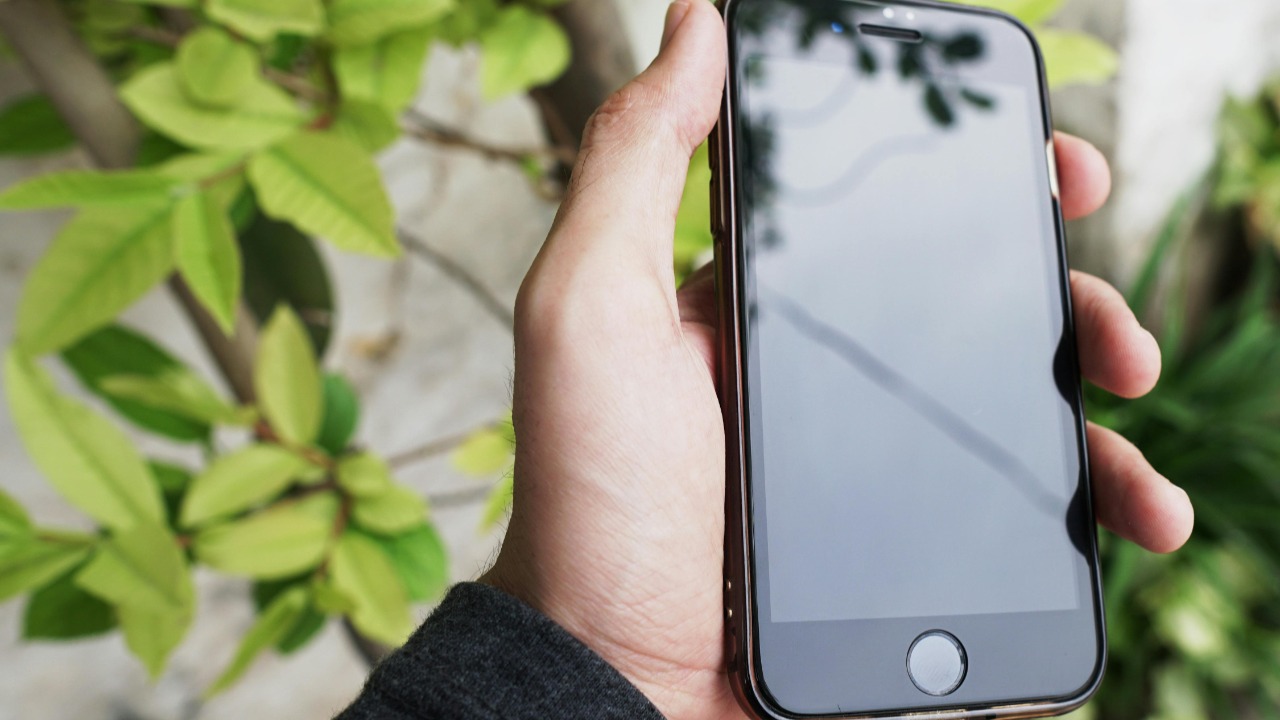
Apple is once again facing legal challenges over allegations of deliberately slowing down older iPhones. This isn’t the first time the tech giant has been accused of such practices, raising questions about transparency and consumer rights. As the lawsuit unfolds, it highlights ongoing concerns about planned obsolescence and corporate accountability in the tech industry.
The Background of the Lawsuit

The current lawsuit against Apple is reminiscent of its previous legal battles over similar allegations. In 2020, Apple agreed to a $500 million settlement after being accused of intentionally slowing down older iPhone models. The same year, the company settled for an additional $113 million with multiple states over the same issue. These cases centered around accusations that Apple used software updates to diminish the performance of older devices, encouraging users to upgrade to newer models.
Consumer dissatisfaction stems from accusations of planned obsolescence and a perceived lack of transparency from Apple. Customers have long complained that their older iPhones slow down significantly after certain software updates, leading to suspicions that this is a deliberate strategy by Apple to drive sales of new devices. Many consumers feel that they are not adequately informed about the impact of these updates, and as a result, trust in the brand is eroded.
In response to these allegations, Apple has consistently denied any wrongdoing. The company claims that the updates were intended to manage device performance and prolong battery life, not to force upgrades. Apple’s official stance is that these measures were necessary to prevent unexpected shutdowns and to optimize the performance of aging batteries, but many consumers remain skeptical of these explanations.
Technical Aspects of iPhone Slowdowns
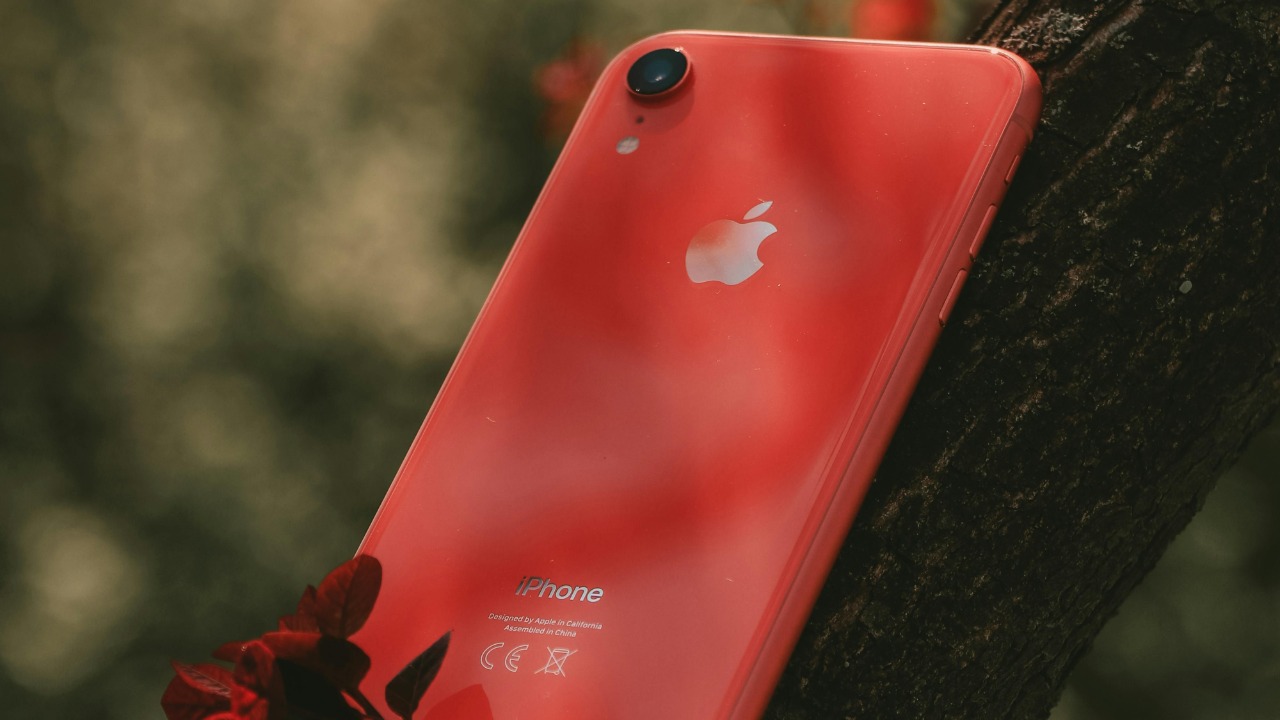
Apple’s battery management practices have been at the center of the controversy. According to the company’s explanations, software updates introduced features that manage the peak performance of older batteries to prevent unexpected shutdowns. This performance management is said to gradually slow down devices as the battery ages, which Apple argues helps in extending the overall lifespan of the device.
However, these updates have had a noticeable impact on the performance of older iPhones. Users have reported significant slowdowns, affecting the usability and functionality of their devices. Tasks that once ran smoothly become sluggish, leading to a frustrating user experience. This has fueled consumer frustration and allegations that the slowdowns are a deliberate attempt by Apple to encourage users to purchase newer models.
Technology experts and engineers have weighed in on the matter, offering a range of opinions. Some suggest that Apple’s practices are justified given the technical limitations of battery technology, while others argue that the company should have been more transparent with consumers. A study titled “Planned Obsolescence in the Technology Industry” available on Western University’s research repository delves into these complex issues and the balance companies must strike between innovation and consumer rights.
Consumer Reactions and Market Implications
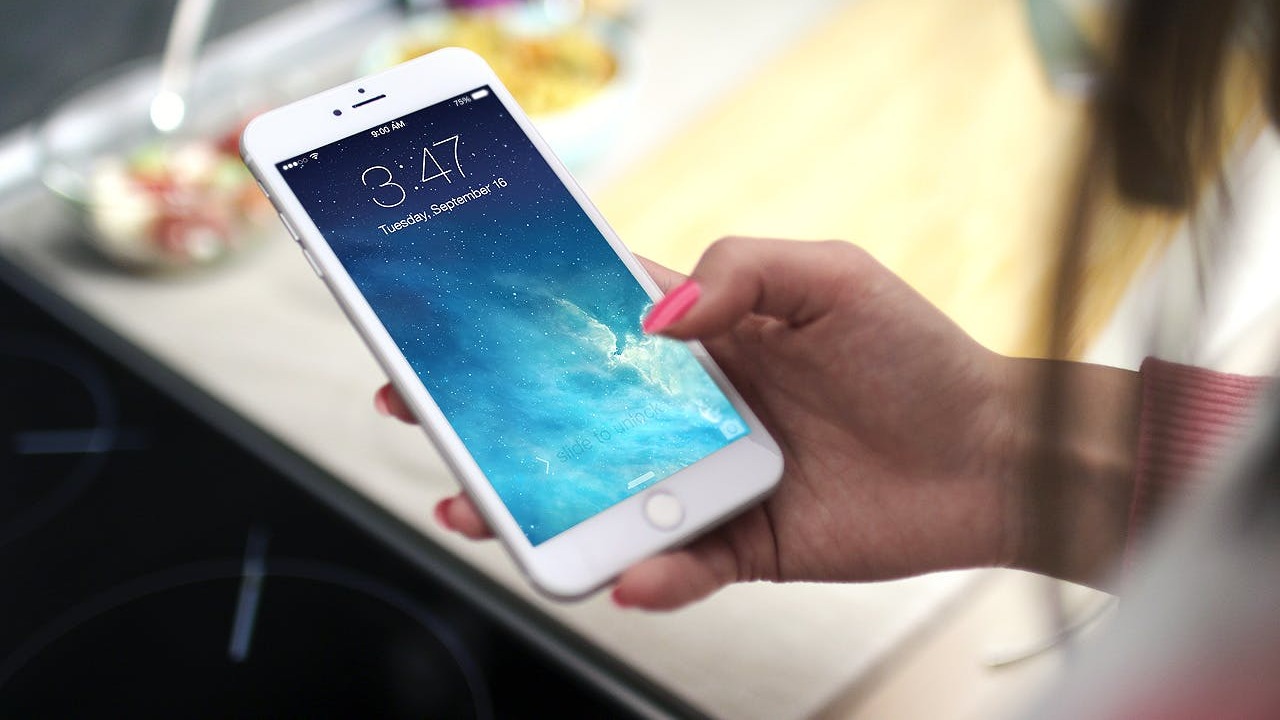
The ongoing lawsuits have undoubtedly impacted public perception of Apple’s brand. While the company is known for its innovative products and strong market presence, repeated legal challenges raise questions about its corporate practices. Many consumers express frustration and disappointment, feeling that Apple prioritizes profit over customer satisfaction.
Social media platforms and online forums have become hotbeds for discussions about Apple’s practices. On platforms like Reddit, users share personal experiences and opinions, creating a space for collective scrutiny and debate. These discussions often highlight a broader discontent with the tech giant’s approach to older devices.
The continued legal issues could potentially influence consumer behavior. As trust in Apple wanes, some customers may reconsider their purchasing decisions, opting for alternatives perceived as more transparent and customer-friendly. While Apple’s loyal customer base is substantial, ongoing scrutiny could lead to shifts in consumer loyalty and market dynamics.
Legal and Ethical Considerations
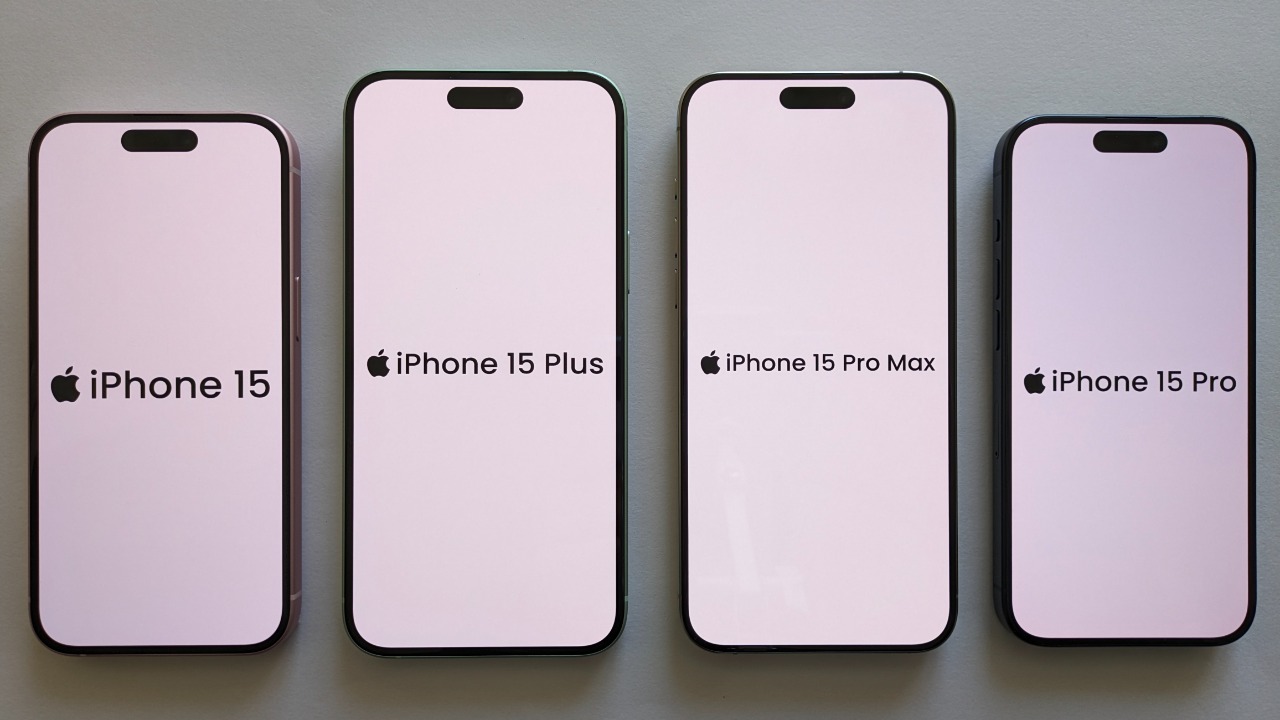
The lawsuits against Apple bring to light important legal and ethical considerations. Consumer protection laws play a crucial role in ensuring that companies are held accountable for their practices. An analysis of these laws, such as those discussed in academic journals, provides insights into the balance between corporate responsibilities and consumer rights in cases of alleged planned obsolescence.
Beyond legal repercussions, the ethical implications for technology companies are significant. Apple’s actions raise questions about the balance between business interests and the rights of consumers to make informed decisions. Ethical considerations extend to the broader tech industry, prompting discussions about sustainable practices and the responsibility of companies to minimize electronic waste.
The potential outcomes of the lawsuit could have far-reaching implications for Apple and the tech industry as a whole. If the legal action results in substantial penalties or regulatory changes, it could set a precedent for how companies approach software updates and device performance management. This scenario could encourage greater transparency and accountability across the industry.
The Future of iPhone Software Updates
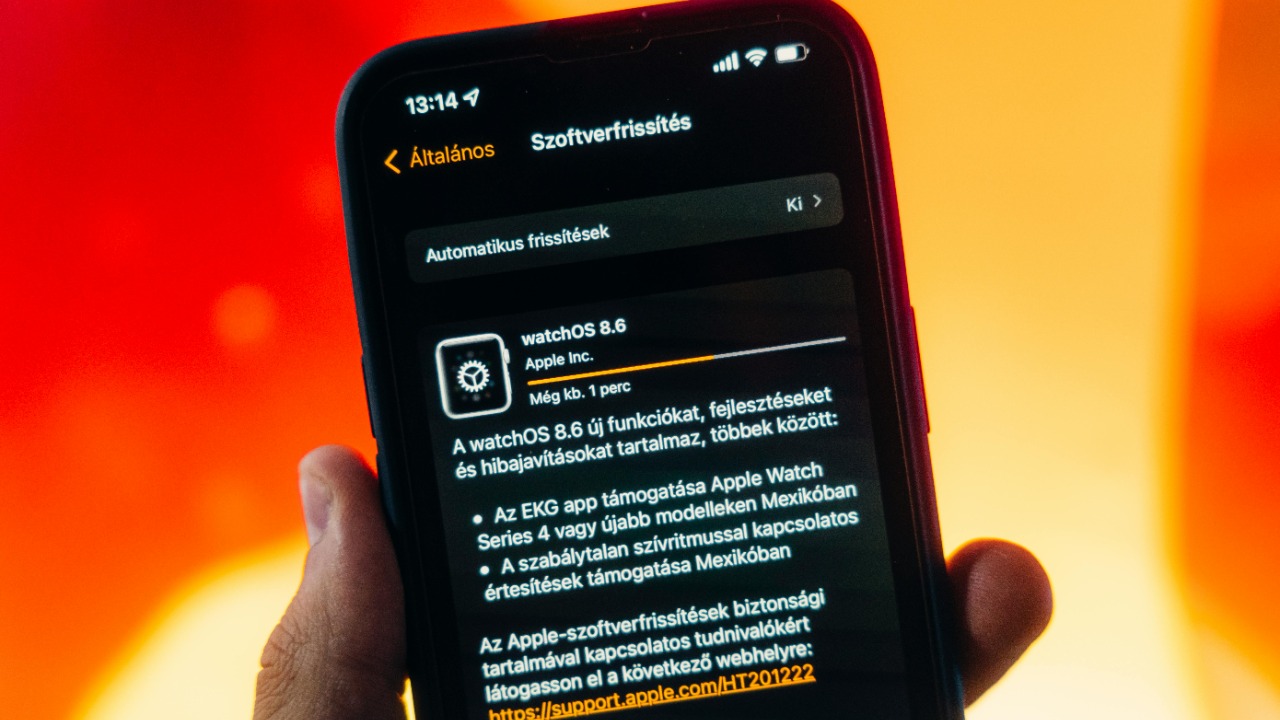
To avoid future legal challenges, Apple may consider revising its software update policies. Potential changes could include increased transparency about the effects of updates on device performance or providing users with more control over how updates are applied. Such measures could help rebuild consumer trust and prevent further legal disputes.
These developments occur within a broader industry trend towards sustainability and reducing electronic waste. As technology companies face increasing scrutiny over their environmental impact, there is a growing movement towards more sustainable practices. Apple’s legal challenges highlight the need for companies to align their business models with these emerging priorities.
In the long term, ongoing legal scrutiny could influence Apple’s approach to innovation and product development. As the company navigates these challenges, it may need to balance the drive for technological advancement with the need to maintain consumer trust and adhere to ethical standards. The outcome of the current lawsuit could play a pivotal role in shaping the future of Apple’s software update strategies and its relationship with consumers.